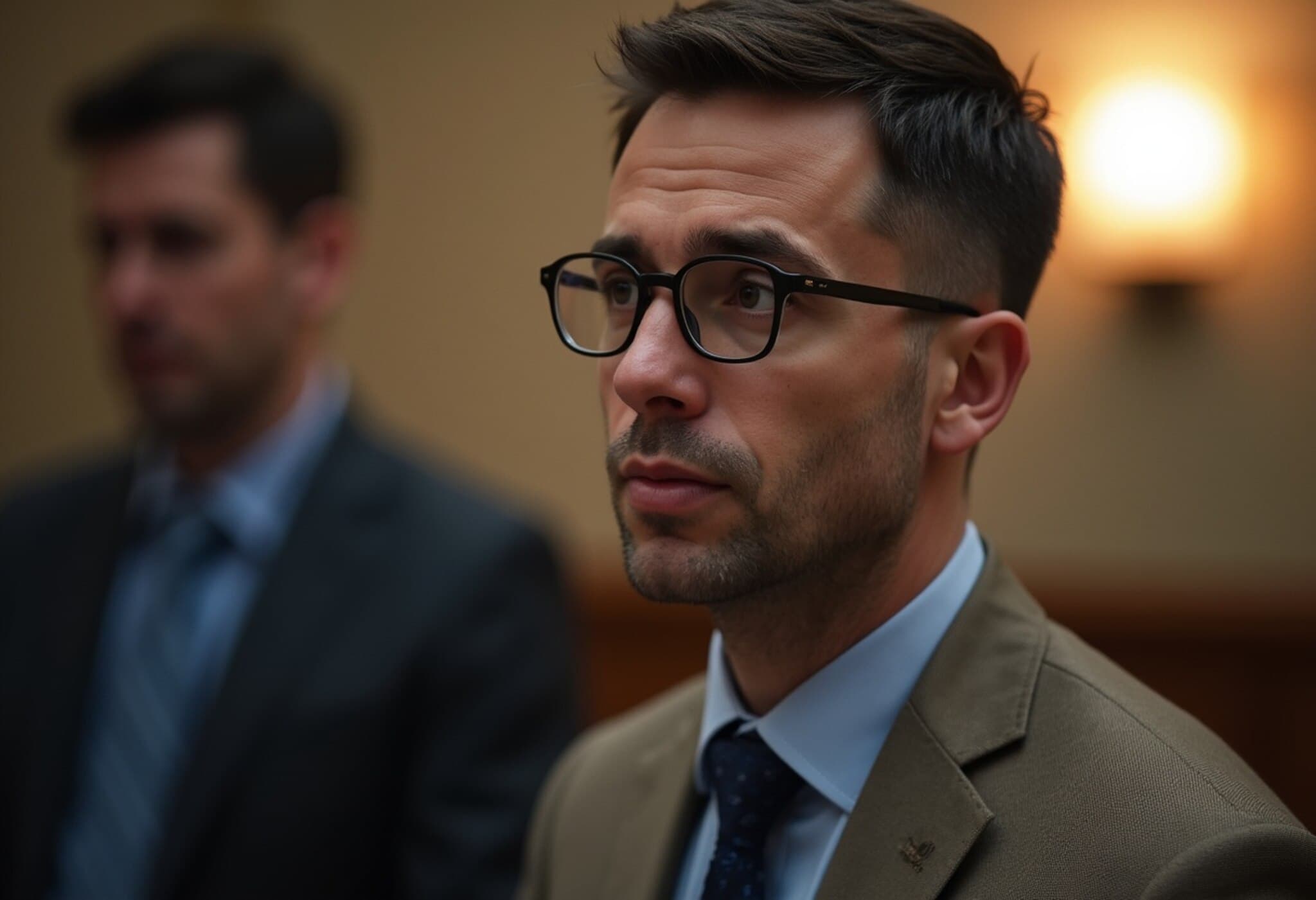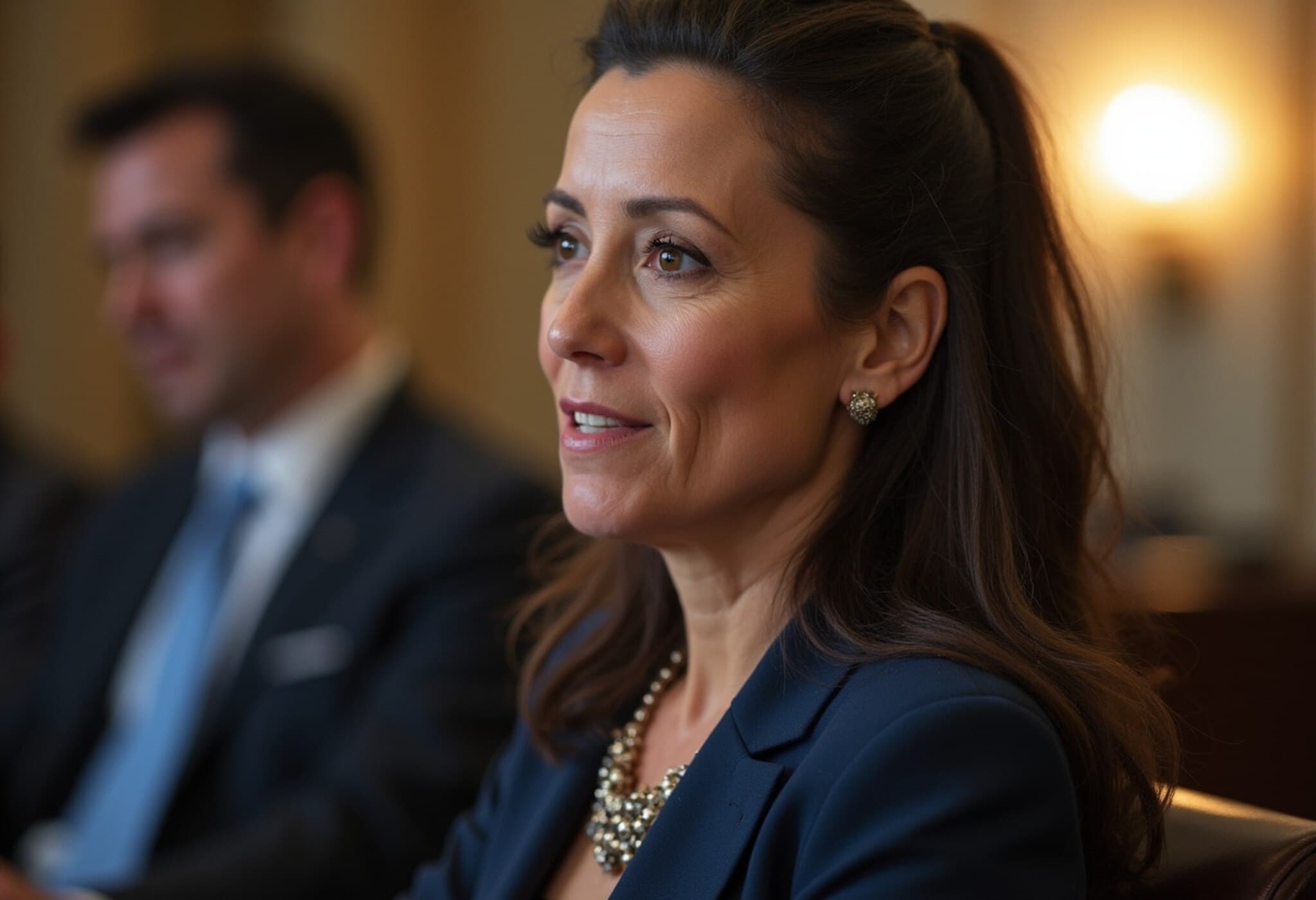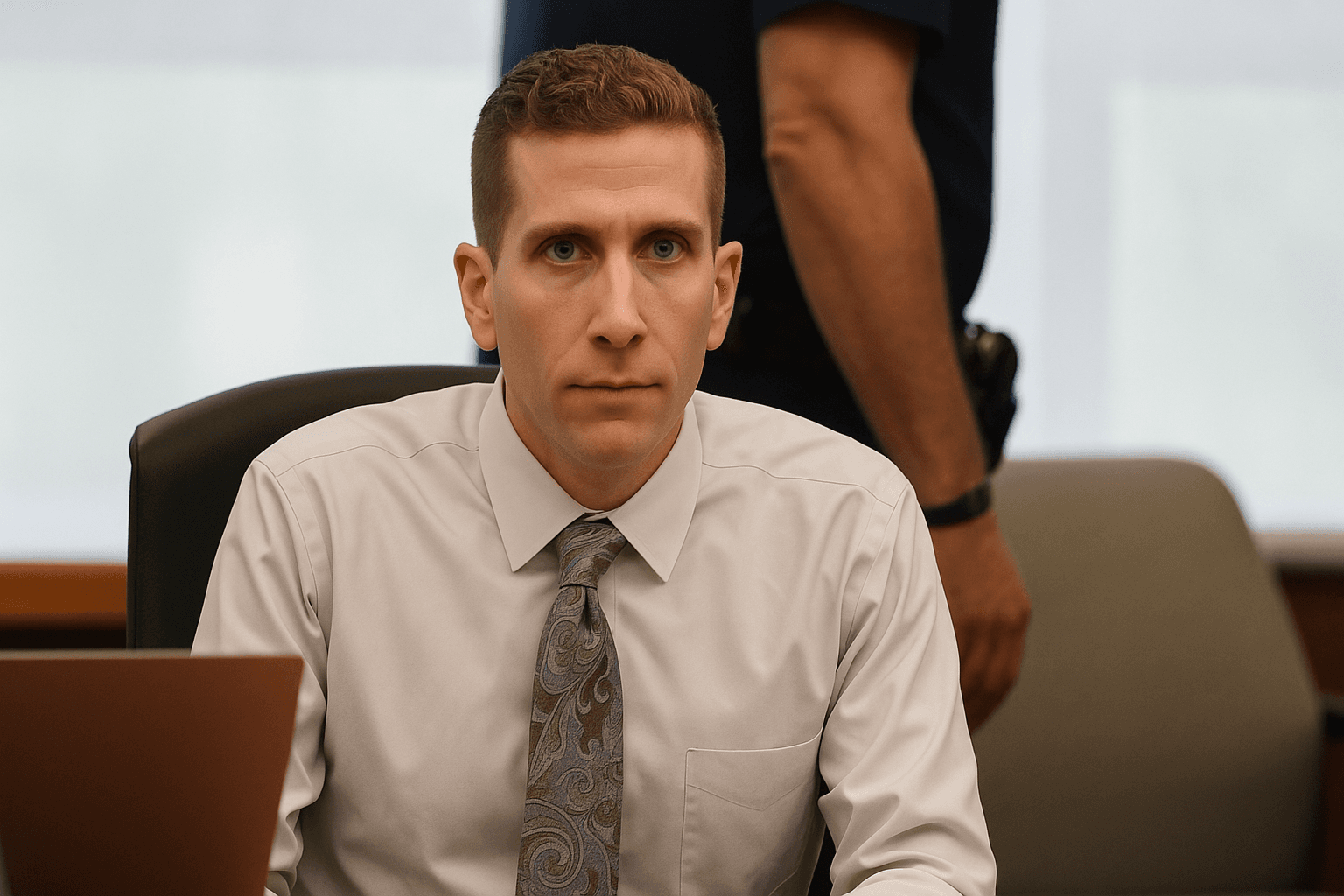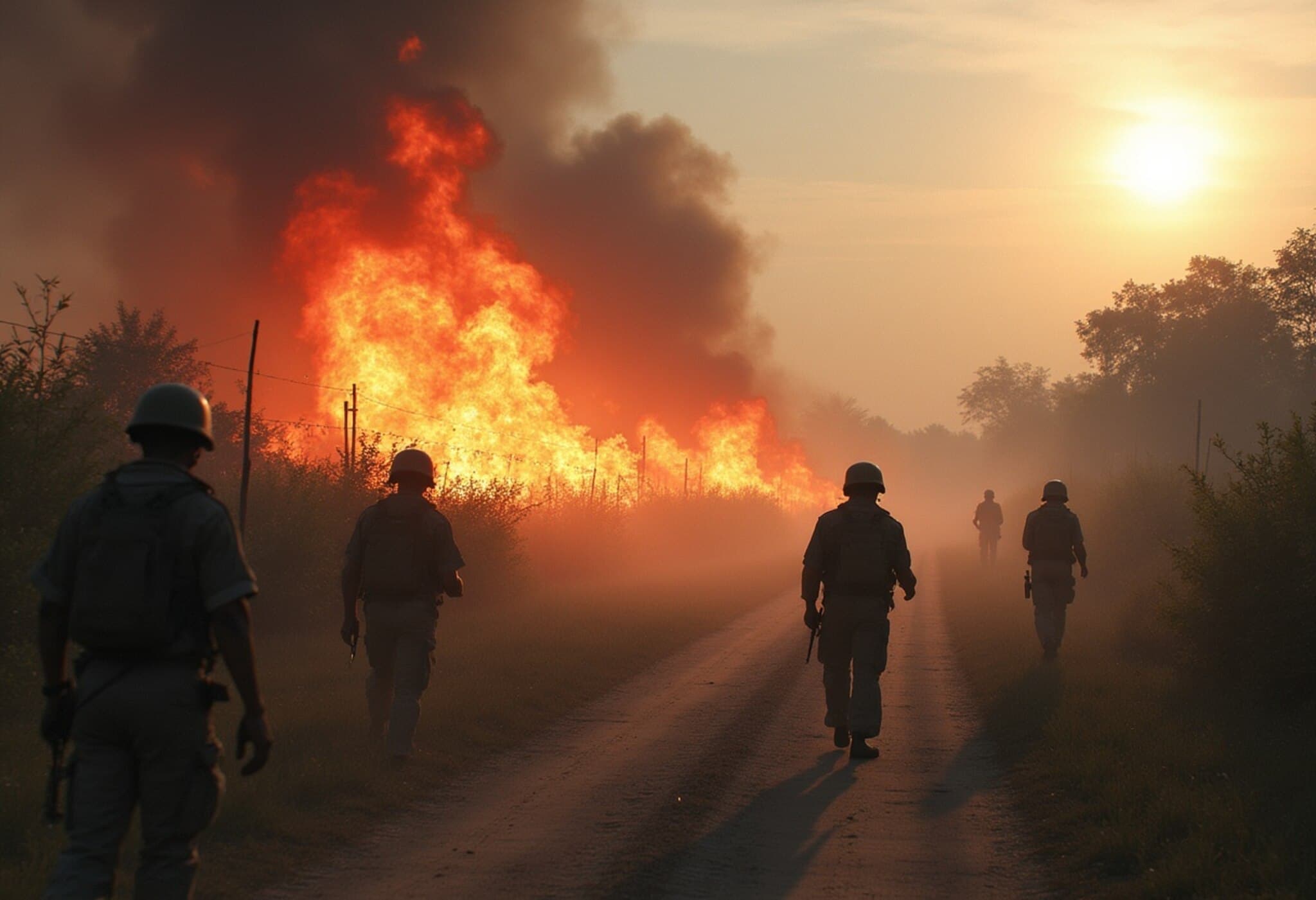Life Sentence Handed Down in Tragic Idaho Quadruple Murder Case
In a ruling that brings closure to a haunting chapter of violence, a man has been sentenced to life imprisonment without the possibility of parole for the brutal killing of four university students in Idaho. The sentencing took place on July 24, 2025, marking the culmination of a deeply emotional trial that gripped the community and sparked nationwide conversations about campus safety and violence prevention.
Details of the Crime and Legal Proceedings
The gruesome quadruple murder, which shocked Idaho and the broader American public, involved the victims — all promising university students — whose lives were tragically cut short. While the precise motives remain under judicial confidentiality, courts confirmed the defendant’s full responsibility, affirming the severity and premeditated nature of the act.
Experts and legal analysts viewed the life sentence as a resolute statement from the judiciary, emphasizing both justice for the victims and a firm stance on violent crimes in academic environments. This case arrives amid increasing national scrutiny on the protective measures universities employ to safeguard their student populations.
Community Impact and Broader Implications
The impact on the families and the local community has been devastating. University officials, counseling services, and local authorities have expanded support initiatives to address trauma and foster healing. This tragedy underlines the urgent need for comprehensive policies:
- Enhanced Campus Security: Deployment of advanced surveillance and rapid response protocols.
- Mental Health Resources: Strengthening accessible counseling and early-warning intervention systems.
- Legislative Actions: Potential reconsideration of state laws concerning violent offenses and punishment frameworks.
From a policy perspective, the Idaho case reignites debates surrounding sentencing guidelines, the balance between rehabilitation and retribution, and how the criminal justice system can best serve both victims and society.
Expert Commentary: Navigating Justice and Prevention
Dr. Amanda Reynolds, a criminal justice expert at the University of Washington, reflects on the case’s significance: "Sentencing like this not only provides a measure of justice but also sends a clear societal message that such acts will meet the full force of the law. However, it equally highlights our collective responsibility to implement preventive strategies that can stop such tragedies before they occur."
Her insights echo a growing consensus that tackling the root causes of violence — including social isolation, access to weapons, and mental health challenges — requires a multidisciplinary approach involving educators, law enforcement, policymakers, and community leaders.
Looking Forward: A Call for Vigilance and Compassion
As the community mourns and the legal process concludes, the broader American public is reminded of the fragile line between safety and vulnerability. The Idaho quadruple murder case is more than a headline; it’s a compelling call to action for all stakeholders engaged in protecting the sanctity of educational spaces.
Balancing justice for victims with proactive prevention is the crucial challenge ahead. This case will likely influence ongoing discourse on criminal justice reform, campus safety protocols, and the societal factors that precipitate such heinous crimes.
Editor’s Note
This somber verdict underscores the complexities of violent crime in academic settings. While life sentences affirm societal condemnation of such acts, they also raise important questions about prevention and rehabilitation. How can universities, communities, and policymakers collaborate more effectively to foresee and forestall violence? How does society reconcile the need for justice with compassion and systemic change? These are the critical conversations we must continue to have.












